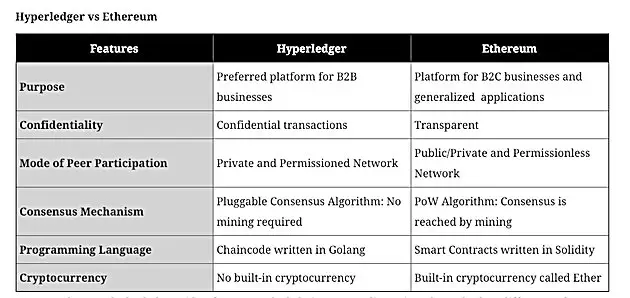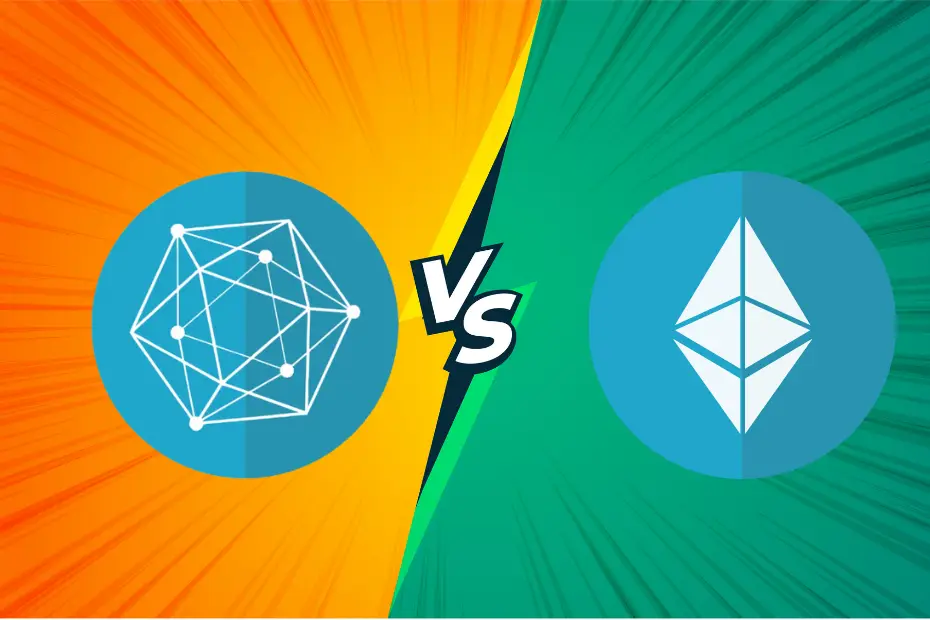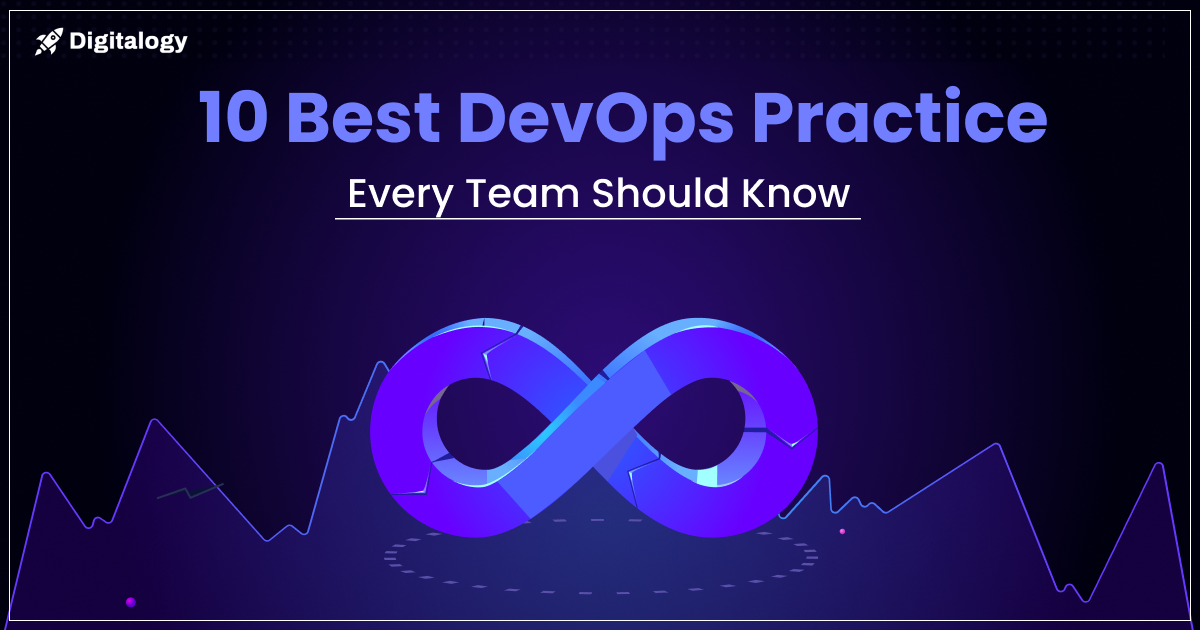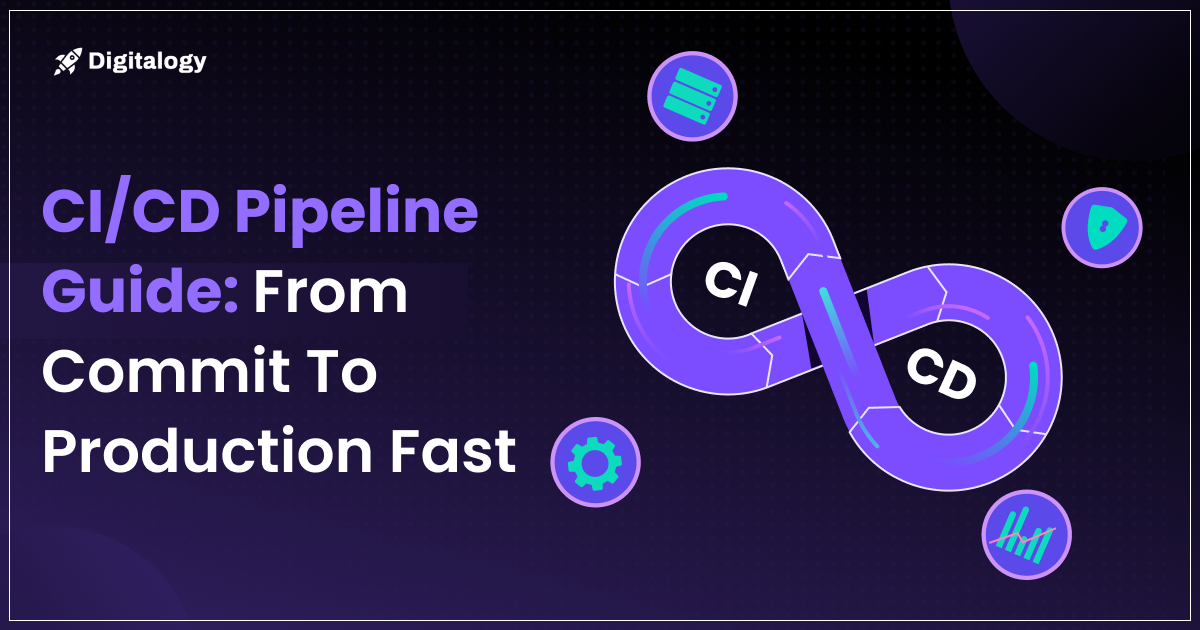Dissimilarity probably can be made between Hyperledger Fabric and Ethereum.
The most uncomplicated difference between Ethereum and Hyperledger is their intended audience and the way they are designed.
Ethereum Virtual Machine (EVM), part of Ethereum with its smart convention and public blockchain is mostly besieged towards applications that are distributed in nature and are for bunch consumption. Now the question arises of what are they and how they are helpful.
Ethereum- What it is?
Ethereum is an unbolt source distributed blockchain network which is public. With the help of Smart Contract functionality, it allows decentralized apps to be built on it.
Hyperledger- What it is?

As per, Brian Behlendorf (Executive Director, Hyperledger)- It is an open-source project to benefit the development of the ecosystem.
Hyperledger-based solution is for providers and users. It is mainly focused on work under a variety of industrial sectors that are related to the use-cases of blockchain-related.
Hyperledger Network – Hyperledger vs Ethereum
Every business and industry is unique in their own way and the applications serving their needs must be tailored.
The Ethereum Blockchain runs on its network and works with a much-generalized protocol.
On the other hand, you can think of it as software for people to enlarge their own personalized blockchains according to the needs of their businesses.
It is an open-source project which is collaborative and is hosted by The Linux Foundation.
It is neither a platform nor a tool like Ethereum. It’s an umbrella strategy with numerous platforms for mounting enterprise solutions.
So far we have learned basics about Ethereum and Hyperledger and what they actually are, now let’s compare what foundations they differ from and how they dish up different purposes.
Hyperledger vs Ethereum: Key Differences
The most indispensable dissimilarity between Hyperledger and Ethereum is the objective they are designed for Applications that are attributed to being decentralized and are for mass consumption of Ethereum runs the Smart Contracts on the Ethereum Virtual Machine.
Now, on the other hand, it influences blockchain technology for different businesses.
It is designed to support exchangeable implementations of components delivering high degrees of resilience, confidentiality, and scalability. Hyperledger has a trending architecture and provides a lot of suppleness in how you want to use it.
Its retractable architecture provides revolutionary solutions for enterprise blockchains.
In terms of confidentiality, they both differ.
Let’s say Andrew runs a bolt manufacturing industry on the blockchain.
With the help of Hyperledger, it is possible for Andrew to sell bolts to Dave at an economical price while keeping their agreement classified from Andrew’s other customers.
Such an agreement would not be possible if Andrew was using Ethereum for the same.
The main reason behind using Hyperledger is defined because Ethereum is absolutely apparent and every transaction is noticeable to everyone on every other network.
Thus, Hyperledger allows off-the-record (Confidential) transactions.
As a result, it gives businesses the litheness and security to make transactions perceptible to select parties having exact encryption keys.
If you are a startup or a growing company and are looking to hire Hyperledger consultants Top Hyperledger developers, please mind that they do not come cheap and are very scarcely available right now.
In terms of mode of Participation – Hyperledger vs Ethereum, now let’s take a brief look at the mode of operation/participation.
Ethereum can be either public or private without any permission whereas Hyperledger is a private and permission network.
The meaning of public permission is that in Ethereum, anybody can partake in the network at any time.
But in the case of Hyperledger, it has to be a predefined area of participants, and permission to the network is restricted only to them.
One requires authorization to join the network.

This method of participation has a philosophical impact on how the agreement is reached.
In terms of the consensus mechanism, there are different approaches to Hyperledger and Ethereum.
With Ethereum, all the network contributors (or nodes) have to reach an agreement over all the transactions.
This is irrespective of whether a participant takes part in a particular transaction or not. Ethereum presently establishes its mechanism of consensus by the Proof-of-Work (PoW) algorithm which is based on mining.
All the participants have to agree upon common terms and all of them have contact with all entries ever recorded.
In contrast to Ethereum, it allows participants to choose between No-op (no consensus needed) and a consensus protocol which is Practical Byzantine Fault Tolerance (PBFT) whereby two or more nodes can agree on a key in such a way that both influence the outcome of each other.
This disqualifies undesired third parties from forcing a key option on the agreeing parties.
Thus making Hyperledger more efficient furthermore, it has fine-grained control over agreements and restricted access to transactions which results in improved performance scalability and privacy.
Programming Language
Another key difference occurs in Programming Language which is the use of Smart contracts in Ethereum and is written in a high-level encrypted contract-oriented language called Solidity.
However, in Hyperledger it uses the oriented language known as “chaincode” as a synonym for the smart contract.
A chain code is a smart contract as it typically handles business logic agreed to by participants of the network. These chain codes are mainly written in Golang, the programming language created by Google.
To read more about Golang:- Check Here.
In aspects of Cryptocurrencies, Hyperledger doesn’t require cryptocurrencies for transactions.
It doesn’t have a built-in native cryptocurrency like Ethereum’s token, called Ether.
Hence, there is no obligation to mine at all.
This allows nodes allowing them for a scalable consensus algorithm that is competent in handling high transaction rates required by most enterprise applications. But, looking at both sides of the coin (or token, eh?) since Ethereum has its own ether it can and hence it is advantageous over Hyperledger in the utilize cases that require a cryptocurrency.

Since Hyperledger is also programmable, it has ascendancy that has embedded logic in chain code to computerize business processes across your network.
Anyone could also develop convention tokens via chain code if required.
Now the final question arises about which one should opt for.
At a realistic level, developers who want to construct an application or start an industry on such platforms, have to make a choice. Hyperledger and Ethereum, both are highly flexible, but in different features.
Ethereum’s powerful smart contracts engine makes it a generic platform for literally any kind of application. However, its permission mode of operation and total transparency come at the cost of performance scalability and privacy. Hyperledger solves presentation scalability and privacy issues by permission mode of operation and fine-grained admission control. Further, the modular structural design allows Hyperledger to be customized to a multitude of applications, equivalent to a toolbox.
I hope this blog on Ethereum vs Hyperledger was pertinent for you and helped you gain some imminent on which platform will better suit your business applications.







